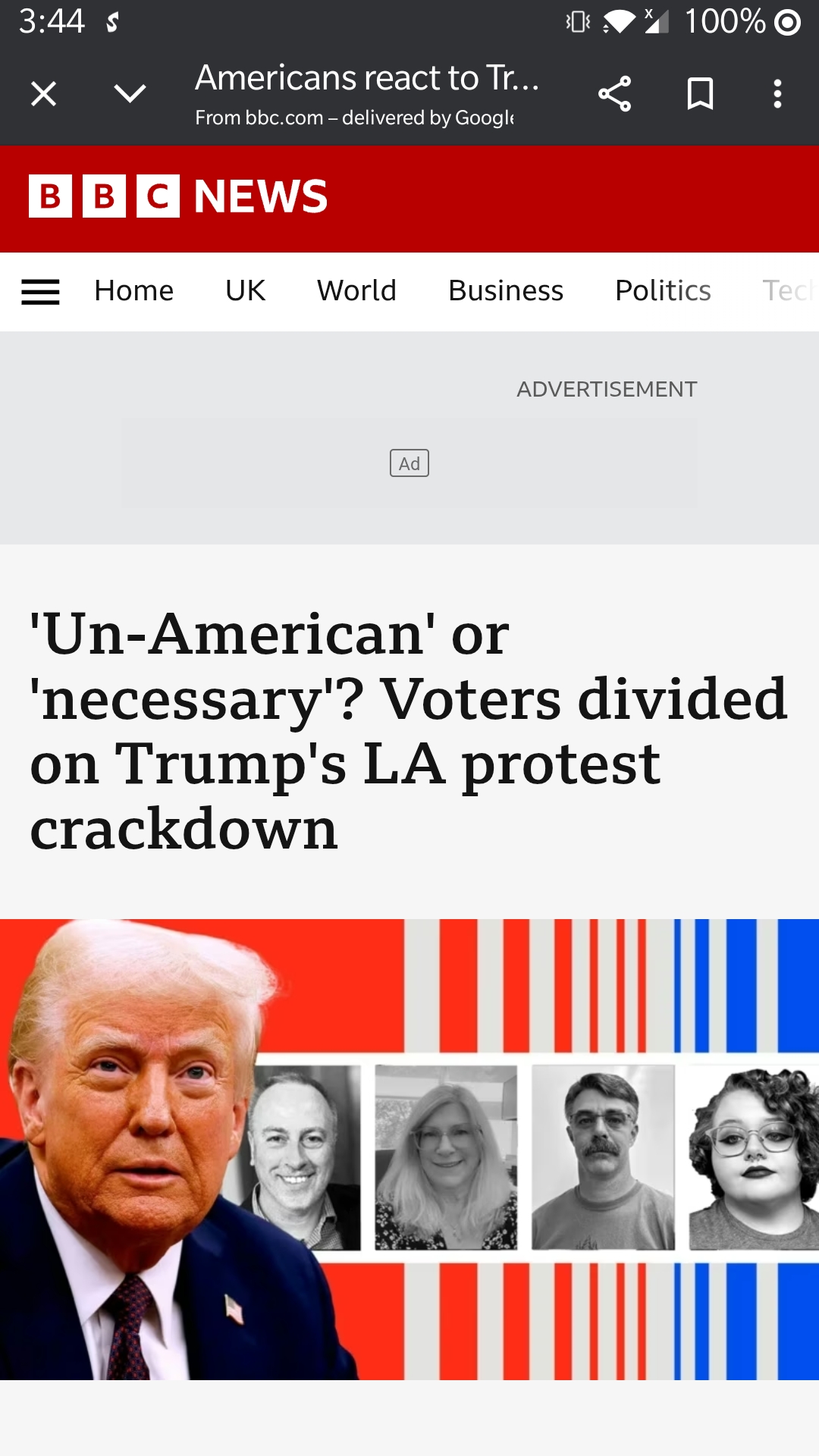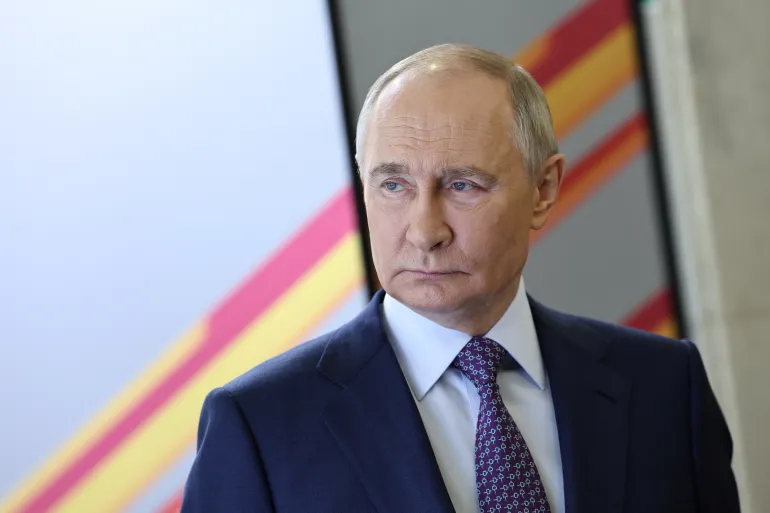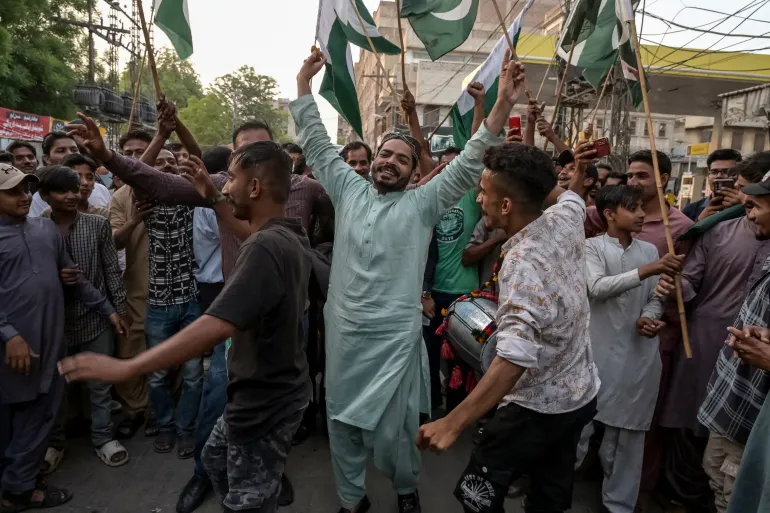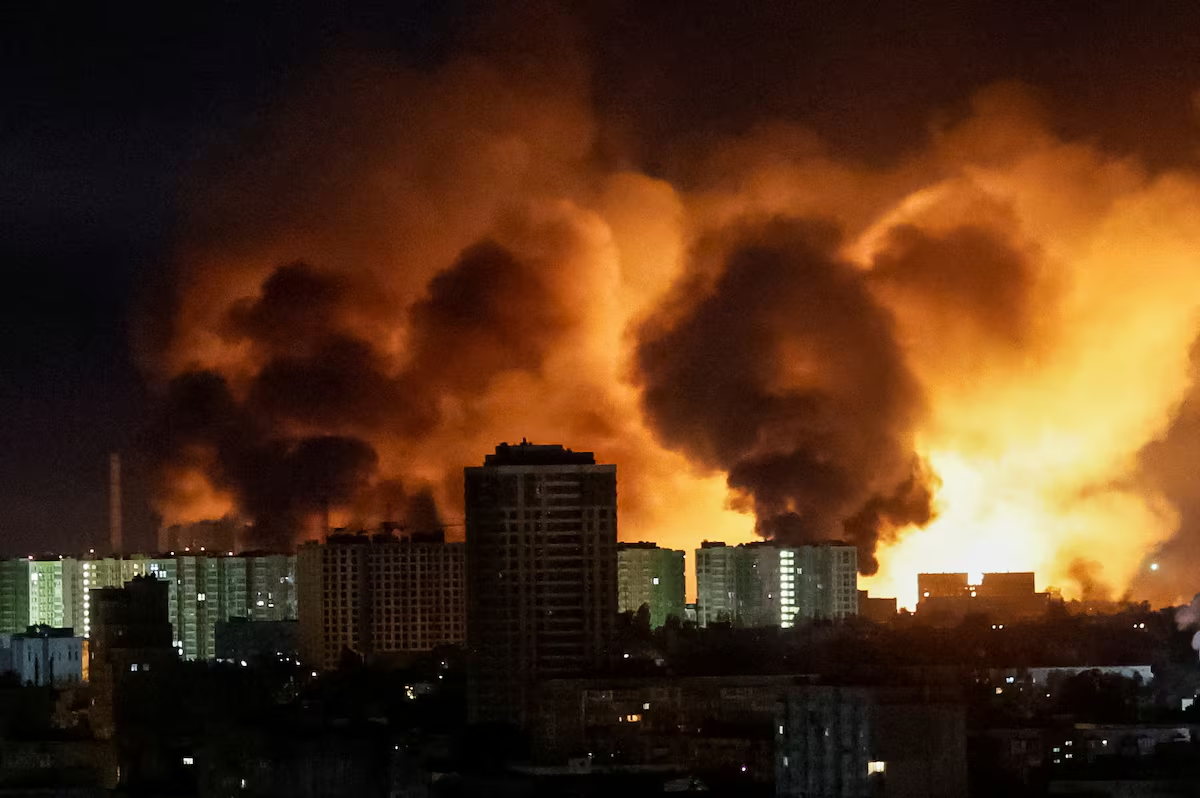Donald Trump’s forceful crackdown on recent protests in Los Angeles has sharply divided American public opinion, reigniting longstanding tensions around free speech, policing, and presidential authority. As demonstrations against immigration raids turned increasingly chaotic last week, the former president authorized a sweeping federal response that included riot police, mass arrests, and a media blackout in certain zones.
While some Americans applauded the move as a return to “law and order,” others condemned it as “un-American,” warning that the aggressive tactics resembled authoritarian overreach.
A Divided Public
In interviews conducted across the country, many conservative voters voiced strong support for Trump’s actions. They argue that violent protests, especially those targeting immigration enforcement, threaten national security and deserve zero tolerance.
“Trump is finally doing what other leaders were too scared to do,” said Robert Miller, a retired police officer in Texas. “If you don’t crack down now, you encourage lawlessness.”
Others, like Florida-based homemaker Elaine Patterson, expressed similar sentiments. “We have borders for a reason,” she said. “These protests are not about civil rights — they’re about defending illegality.”
However, the crackdown has drawn outrage from liberal and independent voters, especially in urban areas. Civil rights activists and legal experts warned that the use of federal agents, tear gas, and rubber bullets against demonstrators — including journalists — risked undermining constitutional protections.
“This is martial law in disguise,” said Alana Greene, a university student and protester from California. “We’ve seen peaceful people dragged off the streets simply for holding signs. How is that not an abuse of power?”
Legal and Political Fallout
The American Civil Liberties Union (ACLU) filed an emergency lawsuit on Monday, alleging violations of the First and Fourth Amendments. The group says it has documented over 100 instances of excessive force and unlawful detentions.
Meanwhile, political analysts say the episode could have lasting implications for the 2026 presidential race. Trump, who remains the Republican frontrunner, has framed the crackdown as a test of national resolve. In a rally following the protests, he declared, “This is what leadership looks like. We don’t apologize for protecting America.”
President Joe Biden, by contrast, criticized the use of federal agents, warning that it risks “undermining the very freedoms that define us.”
The conflicting narratives have deepened an already polarized political climate. Polls show the public split nearly evenly on whether Trump’s response was justified. While 47% of respondents in a nationwide survey approved of the crackdown, 45% viewed it as excessive. The remaining 8% were undecided.
Media Under Fire
The targeting of journalists during the protests has sparked additional concerns. Several reporters from major outlets — including two Australian correspondents — were injured or detained despite identifying themselves as press.
News organizations have condemned the incidents as attacks on press freedom. The White House has not directly addressed the injuries but insists that all actions were “within operational guidelines.”
International reactions have also begun to emerge. Amnesty International issued a statement urging the U.S. government to halt what it described as “militarized suppression of peaceful protest.”
What Comes Next
With legal battles unfolding and public opinion hardening, the debate over Trump’s protest crackdown is likely to intensify. Civil liberties groups are calling for Congressional hearings, while Trump supporters are organizing rallies in support of law enforcement.
For many Americans, the episode underscores the broader ideological rift tearing at the country’s foundations. “This is about who we are as a nation,” said Reverend Thomas Hill, a pastor in Illinois. “Do we govern by fear, or by the Constitution?”
Whether the crackdown strengthens or weakens Trump’s political standing remains to be seen, but one thing is clear: the issue has once again pushed America’s values into the spotlight, forcing voters to confront the balance between order and liberty.
Source: BBC News



